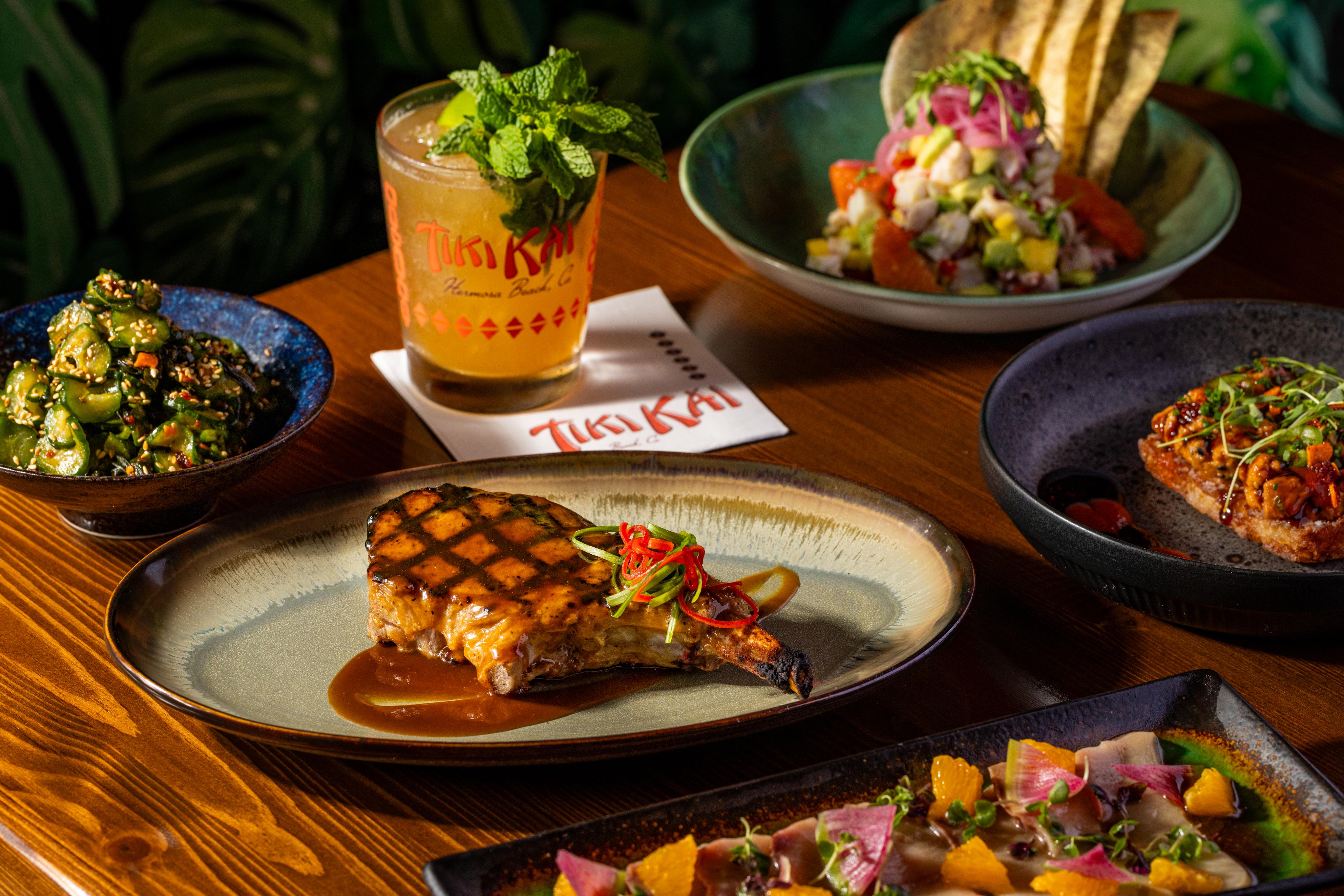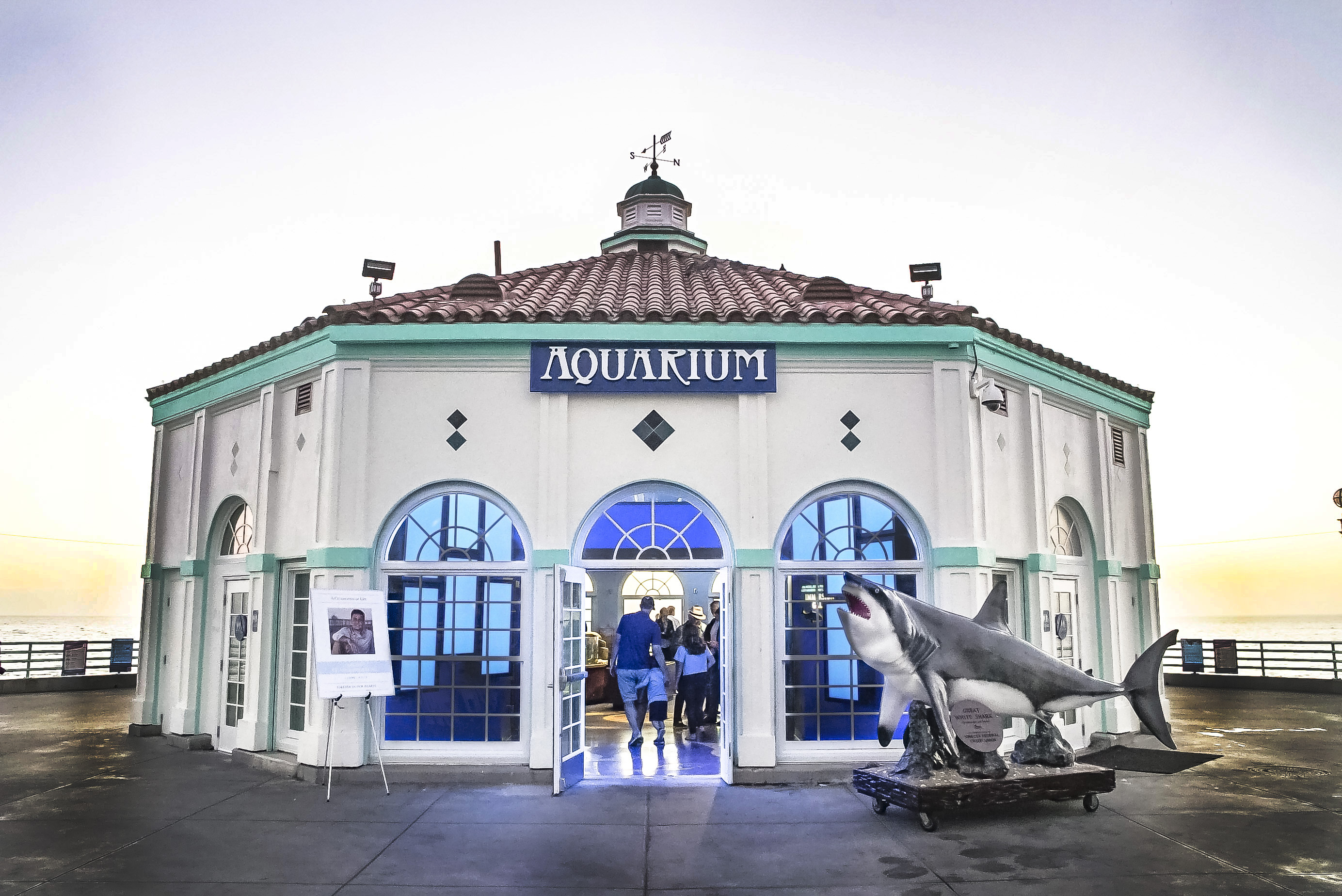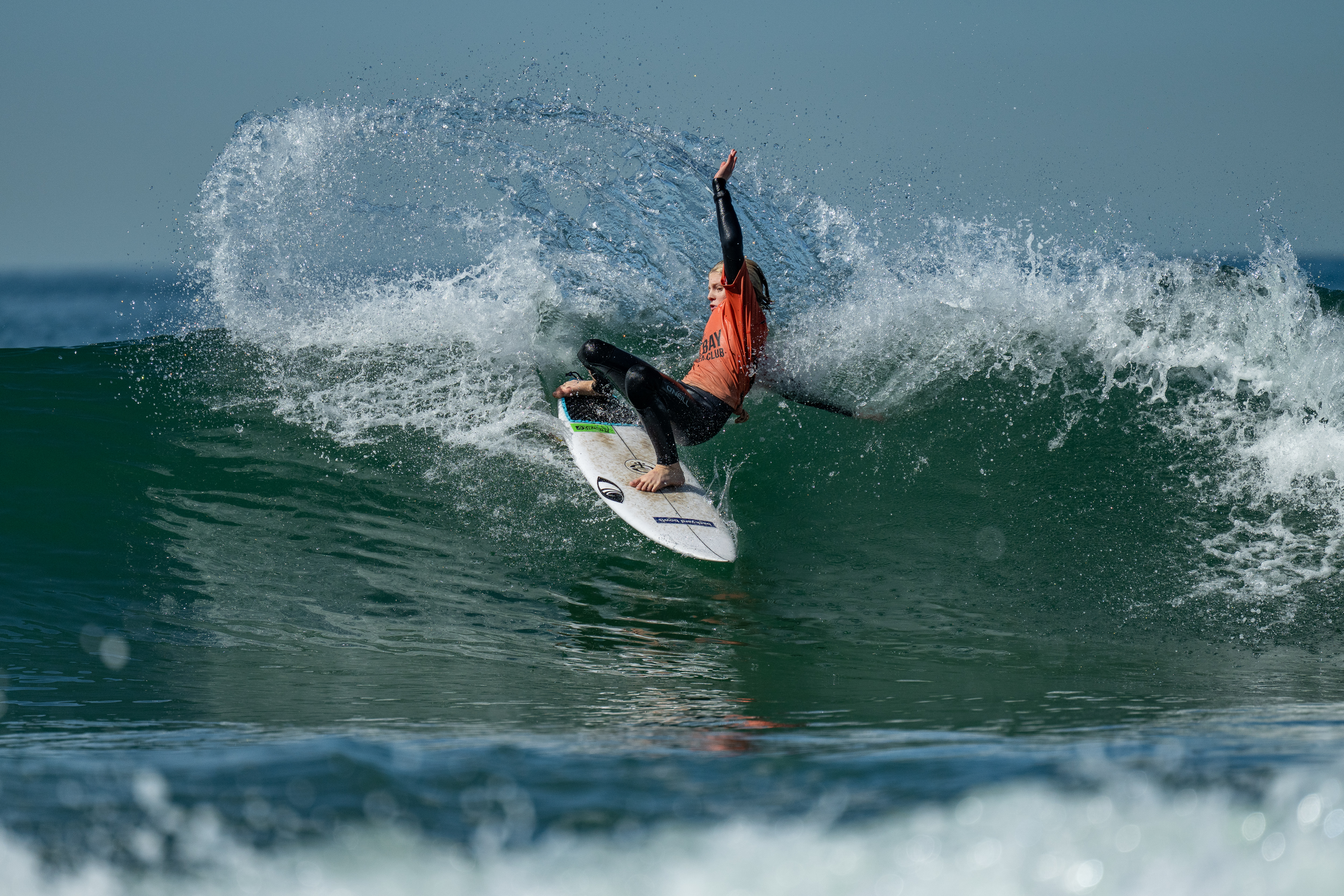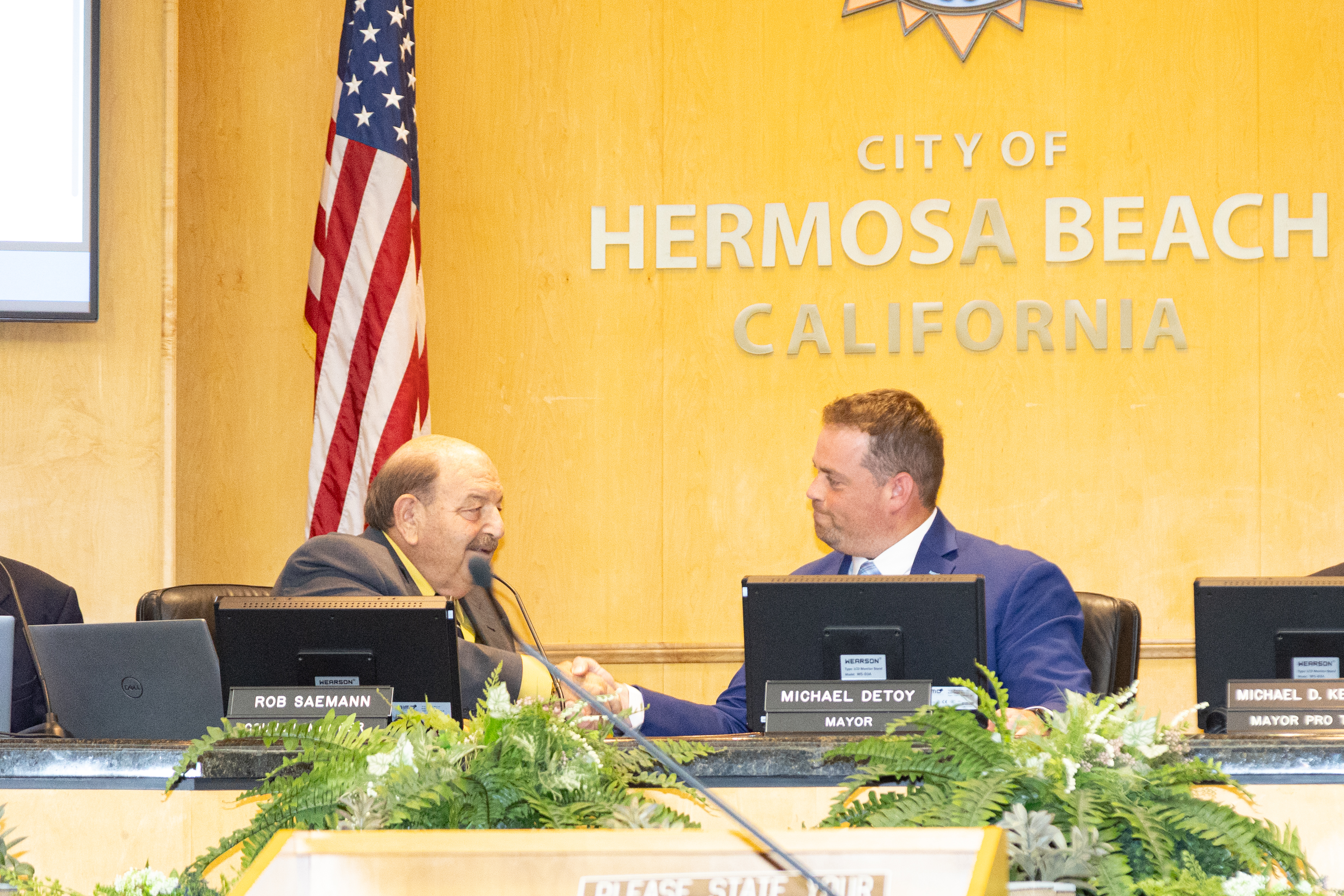
Paintings hung sporadically on the walls of the art studio. Worn oriental rugs covered wood plank floors. Canvases leaned against tables, finished paintings were up against walls and a work in progress rested on an easel. Jars of paint and brushes were scattered throughout the room.
Artist John Cantu paints in a small room above the main gallery in Cannery Row Studios, one of the last bohemian enclaves remaining in the South Bay. His paintings range from masterly portraits to dusky landscapes and childlike but cutting cartoons. Throughout the variety of his art, one influence is evident: not only Japanese artistic style, but the sway of Japan itself has captivated Cantu.
“I love Japan,” he said. “It holds a special place for me.”
Elements typical in Japanese art include lots of space within a painting, weighing a composition to one side, and embracing the beauty of imperfections. Cantu’s work, particularly his portraits and landscapes, are both compositionally and almost spiritually Japanese in this way.
“There is an imperfection that is found in it,” Cantu said. “There is an appreciation for something that you wouldn’t call beautiful – but it is beautiful, because that’s definitely part of its life.”
Versatility is a characteristic of Cantu’s art. Each painting takes on an emotion that surrounds life. Some are happy, a few are sad, and others are serious. But the variety seen in each painting reflects the moods, experiences and feelings Cantu has gone through over time.
And this theme runs through his upcoming show, “bento box – John T. Cantu one man show – to Japan with love.” The show features over 40 new paintings and opens Saturday night at Cannery Row Studios in Redondo Beach. Cantu’s work is similar to a traditional Japanese meal called a bento box; colorful, flavorful and made up of many different elements.
“You are taught in school to have one style, but how can you paint the same thing over and over again?” Cantu said. “I think that is bullshit. My moods reflect the different work that I do.”
Cantu is a New Jersey native who graduated from California State University, Dominguez Hills with a degree in Asian studies and later travelled to Japan. By chance, he met artist and curator Emiko Wake in Tokyo, a city of over 12 million people, and an instant connection formed. As they talked about art, their plans and dreams aligned. She was looking for a rustic bohemian art studio where she could let her creativity run free and bring Japanese art and culture to America.
“We started talking and instantly I knew it was exactly what I wanted,” Wake said.
She moved to the South Bay two years ago and immediately started working with Cantu at Cannery Row Studios. Last September, Wake was the curator of “Wa” an all Japanese art show that introduced Japanese art and culture to the South Bay together with Cantu and eleven Japanese artists.
The show was a big success, attracting large audiences and critical acclaim. A few months later, Wake and Cantu were pondering a new subject for a show when she came across a portrait of a Rastafarian hanging on the wall of a small boutique in Culver City. Her eyes were glued to the painting as she felt the sadness and beauty in its imperfection.
“I felt as if I was struck by lightning,” Wake recalled. “The sad but strong eyes of the Rastafarian looked right through me, and I could not move from his stare. The love and warmth of the painter filled my heart – it was a deep affection of the painter towards people who survive against their tough reality.”
The painting was Cantu’s. Wake was shocked. The painting was almost traditional in manner. But then she had a realization. Much of Cantu’s work touched on this very quality, the evanescent beauty of people and nature. “The truth of life,” Wake said.

There is a Japanese term that has no exact equivalent in English – “mono no aware” (roughly, “the pathos of things” or “sensitivity to ephemera”), a feeling pervading Japanese art that embraces the transience of life with a gentle but accepting sadness.
Wake sees this quality throughout Cantu’s work.
“As I look at his paintings, the sadness or the appreciation toward the sadness is truly Japanese,” Wake said. “He does a variety of paintings but one thing is constant: ‘mono no aware’.”
Cantu paints with a warmth and love toward people. He believes his work is successful because he carries the person’s story into his painting without judgment. He creates beauty from sadness.
“There is sadness in life,” Cantu said. “If we didn’t have sadness or anger or bitterness, you wouldn’t feel joy and happiness quite the same way. I think that is how it ties into my work.”
His landscape painting also takes on a Japanese theme. Ancient Japanese woodblock prints frequently capture scenes at dusk; like many Japanese painters, Cantu enjoys painting that moment between day and night.
“That transition from day to night, in my life and in my painting,” Cantu said. “I really like that time.”
Cantu’s connection with Japan has deepened with time. Not only is Japan where he first met Wake, but it is also where he found inspiration and comfort during a difficult period in his own life. When he first visited Japan, his mother was dying. She was a professional artist and later a doll maker and a powerfully encouraging force in his life. She passed away only a week after he returned from his journey.
“It was transference of life,” Cantu said. “That put new life into me and gave me a reason to continue painting and living, because I was really close to my mom.”
And when the catastrophic events recently hit Japan, Cantu decided to use his upcoming solo show to support the people of Japan. It was a shocking, emotional and devastating experience for both Wake and Cantu. Life was quickly put into perspective.
Wake remembers desperately trying to reach her relatives and friends back in Japan.
“I questioned what I was doing here,” Wake said.
But as time went on, Wake and Cantu realized the people needed help.
Japan had been so influential in Cantu’s life. Now was the time he would give back to the country. A plan was quickly devised; Cantu will donate a portion of his sales from “bento box” directly to Japan, and the show will serve as a launching point for a collaborative project between Los Angeles-based artists and artists in Tokyo called “Jinriki.”
The “Kanji” (Chinese letters used in Japanese words) character “jin” is a person and “riki” is “power.” Each person and their power can make a small difference.
While a monetary gift is a resource for the Japanese people, love and support is also needed during this horrific time in their lives.

“What people need the most is a little push, some encouragement,” Wake said. “It is time for people to help people.”
Cantu said that Japan allowed him to smile again and make it through the difficult time surrounding his mother’s death. In a way, he simply wants to help the people of Japan smile again.
“It is a small power, big force,” Cantu said.
Jinriki’s goal is to bring people together through art. People from different cultures can relate to art without words getting in the way.
Cantu and Wake have been overwhelmed by the enormous support Americans have shown the people of Japan. They want to get this message back to the Japanese people in a more personal way. At the show, each person will have a chance to write a message or share their support and words of encouragement through a video. These messages will be delivered directly to the people in the devastated areas.

“I want the Japanese people in the areas that are suffering through the difficulties to know they are not alone,” Wake said. “There are many, many people in this area that are concerned about them as well, and I want them to know that.”
They would also like to recognize Richard Stephens, Cannery Row’s founder and owner, for his continued support and this opportunity to showcase “bento box.”
“Richard is the greatest guy,” Cantu said.
As both artists make plans to return to Japan and bring with them a smile in such tragic times, Cantu retreats to his quiet space above Cannery Row Studios for now, painting and appreciating life.
“A friend once said to me ‘without malice,’” Cantu said. “If you approach things without malice the world is a happier place, I think.”
See a photo gallery of Cantu’s work.
The opening reception for “bento box” is Saturday from 6:30 to 11 p.m. The show runs April 16 through April 24, Tuesday through Sunday 1 to 7 p.m. daily, Cannery Row Studio, 604, N. Francisca Ave, Redondo Beach. See cannneryrowstudios.com for more information.







